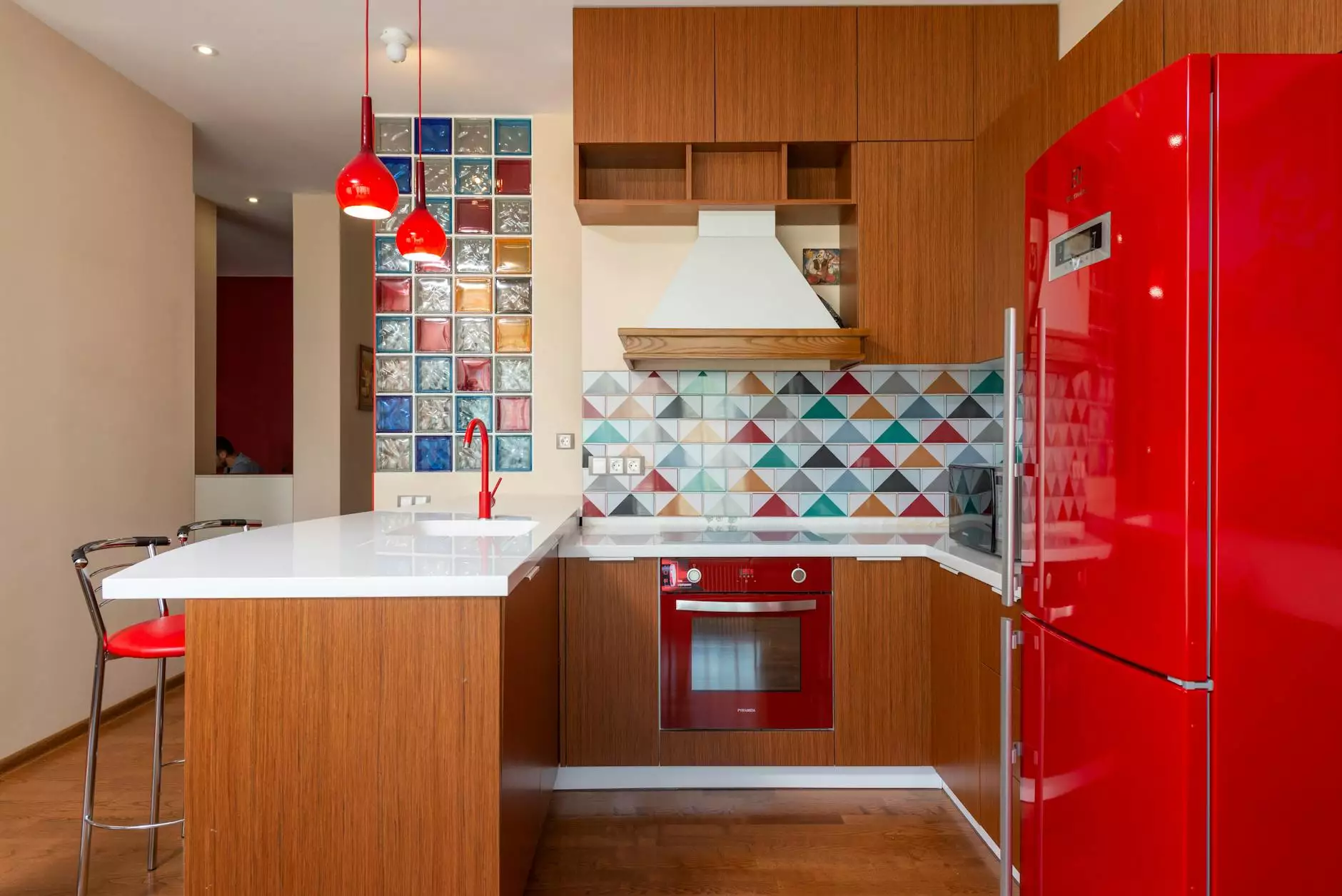Transform Your Pool: The Comprehensive Guide to Choosing the Right Pool Tile

When it comes to enhancing the aesthetics and functionality of your swimming pool, few decisions are as crucial as selecting the pool tile. The right tile can dramatically elevate the appearance of your pool, while also providing essential benefits in terms of durability and safety. In this guide, we’ll delve into everything you need to know about pool tiles, from materials and designs to installation and maintenance.
Why Pool Tiles Matter
Pool tiles serve more than just decorative purposes. They play a significant role in ensuring your pool’s longevity, safety, and usability. Here are a few reasons why choosing the right pool tile is vital:
- Durability: Pool tiles are designed to withstand the harsh conditions of chlorinated water, UV exposure, and temperature variations.
- Aesthetic Appeal: With various colors and designs available, pool tiles can enhance the overall look of your pool area.
- Safety: Textured tiles provide better grip, reducing the chances of slips and falls around the pool.
- Maintenance: Certain tiles are easier to clean and maintain, preventing algae and dirt buildup.
Types of Pool Tiles
Understanding the different types of the pool tile available is crucial for making an informed decision. Here are some of the most popular materials used for pool tiling:
1. Ceramic Tiles
Ceramic tiles are one of the most common choices for pool applications. They are durable, resistant to fading, and come in various colors and designs. Ceramic tiles are easy to clean, making them a great option for those who prioritize maintenance ease. Additionally, their affordability makes them accessible for a variety of budgets.
2. Glass Tiles
For a more luxurious feel, glass tiles are an excellent option. They reflect light beautifully, creating a shimmering effect in the water. Glass tiles come in various sizes, shapes, and colors, allowing for creative designs. While they may be more expensive, their aesthetic appeal and durability make them a worthwhile investment.
3. Natural Stone Tiles
Natural stone tiles, such as slate and granite, offer a unique and earthy look to your pool area. They provide excellent traction and are highly durable. However, they require more maintenance, such as sealing, to prevent water damage and staining.
4. Porcelain Tiles
Porcelain tiles are often mistaken for ceramic tiles but are more durable and less porous. They resist chipping and fading, making them a fantastic choice for pool areas. Due to their density, they can be more challenging to install, but they provide style and longevity.
Choosing the Right Tile for Your Pool
When selecting the pool tile, consider the following factors to ensure you make the best choice:
- Climate: Different materials react differently to changes in temperature and moisture. Choose a tile that can withstand your local climate.
- Pool Style: Consider the overall aesthetics of your pool area. Your tile should complement the landscape and home design.
- Safety: Look for tiles with textured surfaces that provide a non-slip grip.
- Maintenance: If you prefer a low-maintenance option, opt for materials that are less prone to staining and require infrequent cleaning.
Installing Pool Tiles
Proper installation of the pool tile is crucial for ensuring its longevity and performance. Here’s a brief overview of the installation process:
- Preparation: Clean the surface thoroughly to ensure strong adhesion. Remove any old tiles and debris.
- Layout: Plan your tile layout before starting. This helps in visualizing the final design and ensures even placement.
- Adhesive Application: Apply the appropriate adhesive according to the tile type and manufacturer’s recommendations.
- Tile Placement: Begin placing tiles from one corner, pressing them into the adhesive. Use spacers for even grout lines.
- Grouting: Once the tiles are set, fill the joints with grout, ensuring a watertight seal.
- Sealing: If you're using natural stone, consider sealing the tiles to protect them from water damage.
Maintaining Your Pool Tiles
Once your tiles are installed, regular maintenance is essential for preserving their appearance and functionality. Here are some tips:
- Regular Cleaning: Clean your pool tiles with a gentle detergent and a soft brush to prevent buildup of algae and dirt.
- Check for Damage: Regularly inspect your tiles for cracks or chips, and repair any damage promptly to avoid further issues.
- Balance Pool Chemistry: Maintain balanced pool water chemistry to prevent staining and deterioration of the tiles.
- Seasonal Inspection: Before the pool season starts, conduct a thorough inspection and cleaning to ensure everything is in order.
Cost Considerations for Pool Tile Renovation
The cost of renovating your pool with new tiles can vary greatly depending on several factors:
- Tile Material: Costs vary between ceramic, glass, natural stone, and porcelain tiles.
- Labor Costs: Hiring professionals for tile installation will add to the overall cost.
- Additional Features: Incorporating features like mosaic designs or custom shapes can increase the price.
- Size of Pool: Naturally, larger pools will require more materials and labor, raising costs.
Conclusion: Elevate Your Pool Experience
Selecting the right the pool tile is crucial in transforming your pool area into a stunning oasis. With a variety of materials available, careful consideration of design, safety, and maintenance will guide you in making the best choice. Remember that proper installation and routine maintenance play vital roles in ensuring the longevity and appearance of your pool tiles. Whether you opt for classic ceramic tiles or luxurious glass options, the right choice can significantly enhance your outdoor experience.
If you’re looking to elevate the beauty and functionality of your swimming pool, exploring your options with poolrenovation.com can provide valuable insights and resources. Transform your pool today with the perfect tiles to enjoy for years to come.



